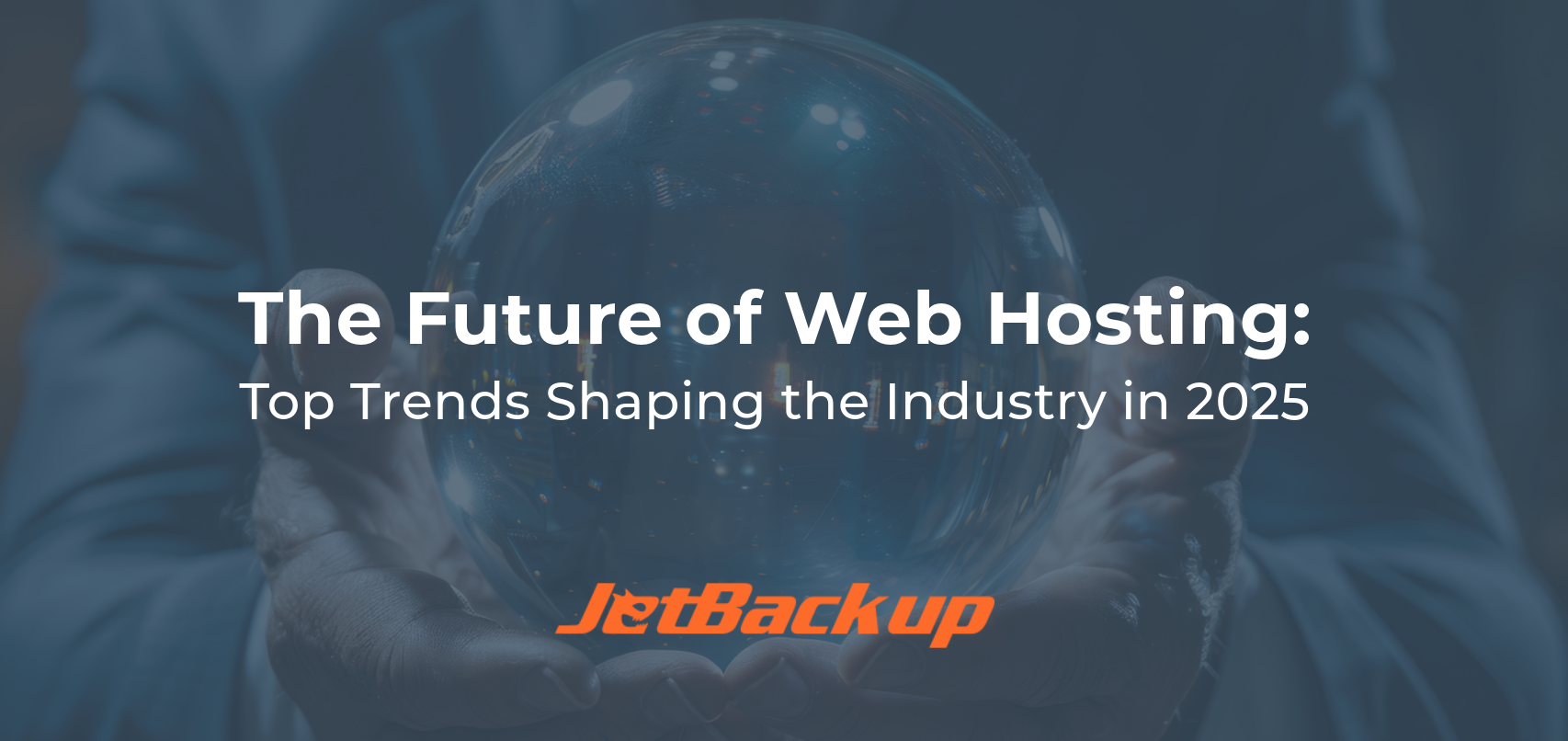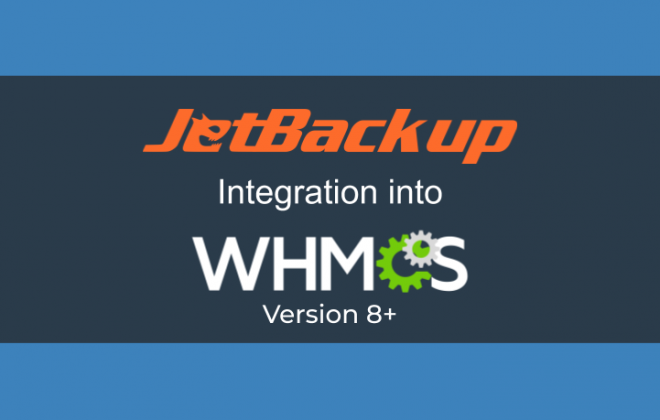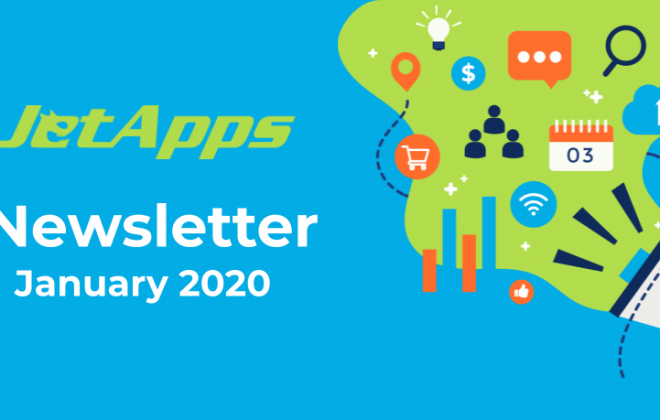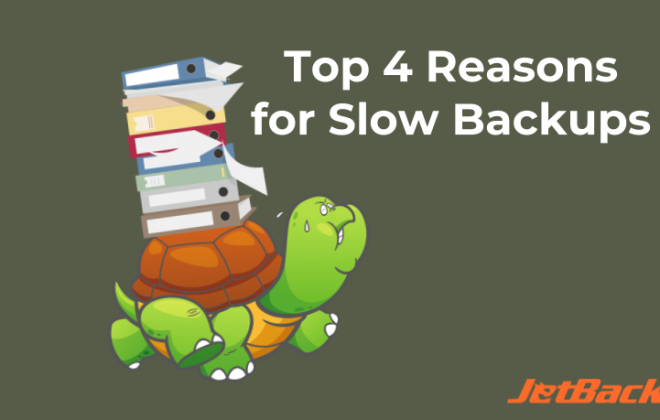The Future of Web Hosting
The hosting industry is headed toward a future shaped by AI innovations, user demands, and more intelligent technology. In 2025, hosting companies will redefine how we build, manage, and protect online spaces.
Let’s start with AI-created web templates and site-building tools, which are turning the design process on its head. These tools make basic website creation faster, smarter, and more accessible. The days of using a premade template are fading faster than ever. Whether you’re a novice entrepreneur or a seasoned developer, AI can create hundreds of design prototypes in seconds. It analyzes your business type, brand style, and audience to craft a site that looks professional and includes the functions and plugins needed. Imagine typing in your industry and a few goals, then watching the AI build a site with optimized layouts, suggested content blocks, responsive design, and e-commerce, all baked in as if by magic!
Next up is AI customer support, which offers new standards. Gone are the days of frustrating chatbots with limited knowledge. Today, AI-driven chatbots and virtual assistants can handle customer issues instantly and much more accurately.
Whether a customer needs help resetting a password or troubleshooting a WordPress plugin, the bots can provide quick solutions or documentation on demand. The key is to customize the knowledge base of these bots with support ticket responses and knowledge base info. For hosting companies, this means lower support costs and higher customer satisfaction.
Meanwhile, custom dashboards powered by APIs give users more control than ever. These dashboards are like the Swiss Army knives of hosting. Hosting providers connect everything with APIs, such as server management, analytics, marketing tools, bot protection, and off-site backups. With flexible, robust, and completely customizable dashboards, personalization is more than a comfort feature; it gives customers absolute control over their online presence. Our very own JetAPI already powers some of the top hosting companies and hosting panels.
AI is not only bringing about basic automation of hosting processes, but it is also transforming the sector in a manner that has never been witnessed before. As AI algorithms are making it possible for data centers and hosts to predict hardware failure and preemptively take actions to avoid such situations, this boosts the company’s uptime to new levels. This has now been accomplished in relation to security; all websites can now enjoy real-time protection, and threats are aborted at the first instance they are noticed. AI has also made life more straightforward in managing servers as it self-adjusts the resources during peak traffic periods and fine-tunes the servers to the highest levels. This is not just a step change in technology; this elevates hosting and its management requirements to an entirely different level.
Beyond AI, the concept of multi-cloud hosting is gaining traction while providing companies with a level of freedom they never had before. Rather than using a single provider, it enables companies to use the best services available across public, private, or hybrid clouds. While this approach optimizes the performance, it also reduces the risks. If one provider has a fault in the system, the others continue to keep the system functioning correctly. Multi-cloud is not just a technological decision; it is business decision-making that allows enterprises to create robust, flexible, scalable architectures.
At the forefront of the hosting frontier are edge computing and CDNs, which are changing how information flows through the internet. Such technologies decrease latency by reducing the distance users travel to access data, thereby resulting in increased speeds and improved efficiency. For companies with global reach or resource-heavy applications, edge solutions enhance their user experience. Imagine an online retail shop that does not struggle to load even at peak times with edge computing. That has become a reality.
The industry’s shift towards green hosting is evidence of its focus on sustainable development. Traditionally, data centers were energy-centric industries, but today, their hosting companies are switching to green energy and other energy-efficient options, everything from the latest server technology to data centers embedded in the Icelandic region. Green hosting minimizes carbon footprints and caters to eco-friendly clients, serving as an advantage in an environmentally concerned market.
In the world of CMS, the trend of managed WordPress hosting services continues to beige users looking for web hosting where they don’t have to lift a finger. Such services allow users to manage updates, perform backups, and install security features, relieving users from struggling with technical faults and letting them concentrate on development. All these managed hosting features provide an opportunity for WordPress usage for private bloggers and bigger enterprise sites with more complex needs.
Lastly, it is worth mentioning that digital agencies are also getting a major boost with dedicated agency hosting platforms. Embedded tools such as marketing suites, collaboration tools, and invoicing systems improve work coordination, making handling numerous clients and projects easier. Thanks to hosting providers who understand their requirements, agencies can now concentrate on alternate creative approaches and stop worrying about creative solutions’ backend.
These AI-driven tools and hosting innovations are shaping a future where websites are more intelligent, faster, accessible, and secure. As the industry evolves, these trends will define how we interact with the web, and they’re just the beginning of what’s possible. We at JetBackup are excited to see these leaps in service. We are pleased to report just like the hosting companies, we have embraced the future with many of these features, including our API that allows hosts to create bespoke backup panels, JetBackup for WordPress (with V3 coming soon!), and we are working on our AI advancements into our future releases for 2025.
Tags In
Subscribe to our newsletter
Get expert backup tips, the latest industry trends, and exclusive updates on all things JetBackup. Be the first to know—delivered straight to your inbox.
Start your FREE trial
of Jetbackup Today!
Get Started Now!
No credit card required.
Install Jetbackup in minutes.
Latest Posts
Categories
Archive
- January 2026
- December 2025
- November 2025
- October 2025
- September 2025
- July 2025
- June 2025
- May 2025
- April 2025
- March 2025
- February 2025
- January 2025
- December 2024
- November 2024
- October 2024
- September 2024
- August 2024
- July 2024
- May 2024
- April 2024
- February 2024
- January 2024
- December 2023
- November 2023
- October 2023
- August 2023
- July 2023
- April 2023
- January 2023
- August 2022
- May 2022
- March 2022
- January 2022
- December 2021
- November 2021
- October 2021
- September 2021
- August 2021
- July 2021
- June 2021
- May 2021
- March 2021
- February 2021
- January 2021
- December 2020
- October 2020
- August 2020
- April 2020
- March 2020
- February 2020
- January 2020
- December 2019
- November 2019
- September 2019
- August 2019
- July 2019
- June 2019
- April 2019
- March 2019
- January 2019
- December 2018
- November 2018
- October 2018
- September 2018
- August 2018
- May 2018
- April 2018
- March 2018
- February 2018
- January 2018
- December 2017
- November 2017





